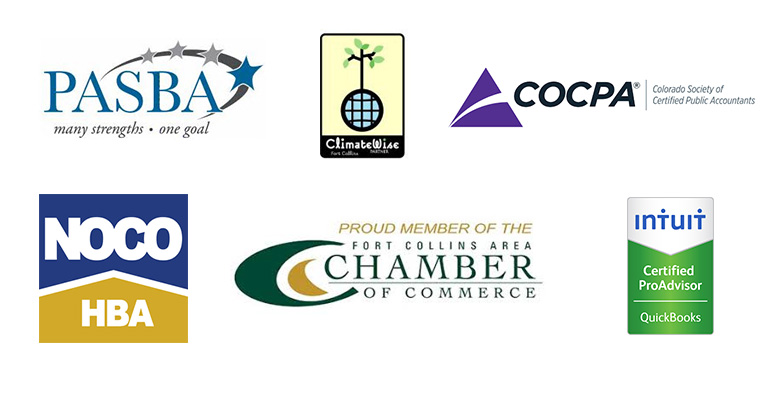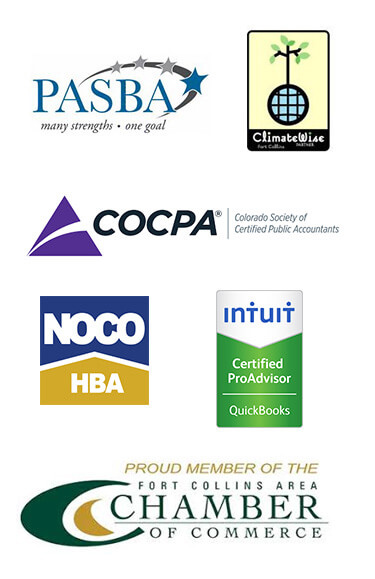The sooner you start productive financial practices, the better your economic outcome will be, but it is never too late to start. Even with minimal income, you can begin financial practices now that will carry through your life and keep you in control of your income and income planning, as opposed to setting yourself up for situations where you will feel like your income or lack of control you.
Make a budget
This is a good practice to start right now, even if you feel like you know where all your money goes: rent, groceries, car insurance, and so on. No matter how tight your budget is, it’s a sound financial practice to make one. By laying out your expenses, you know what you need to cover your monthly bills, but you also can see where there is room for some cushion or where to cut unneeded expenses.
Start Saving
If you’re seeing even $50 a month that is not crucial to make your basic expenses, start with that, and use it for savings. One goal is to have enough in savings to cover 2 months of living expenses. You can determine what number you want to see in your savings. That dollar figure needs to stay securely in your savings once you reach your goal. Consider it your permanent cushion, It is only to be used in an emergency. And, if you do need to dip into your savings, start rebuilding it again.
Be Wary of Splurge Spending
This is common for everyone. When unexpected monies come in do not turn right around and spend that money. Extra irregular income boosts are best put into savings. This is a sound practice for handling windfalls. If you start now, just this one financial habit will allow you to build up higher savings throughout your life.
Manage Debt and Understand Credit
Between credit cards, student and/or car loans, and other expenses which all require you to pay back more than you’re actually spending, set a limit. It is very common to not see the end game with debt, which is having to pay thousands of dollars in interest on purchases.
As to student loans, be wary. Many who have gone before you are now unable to repay their student loans, due to both very high-interest rates and the inability to procure the needed income. Look into educational programs that forgive student loans, scholarships, work studies, and other options. This is an area where you could benefit from not only thoroughly studying the department of education’s school loan policies but also seeking the advice of an accountant. Not all student loans will end up being financial disasters. But be informed, and make good decisions when it comes to paying for your education
Likewise, be careful with credit cards. Having them will actually be a benefit when it comes to establishing a credit ranking. However, use them wisely. Make your monthly payments on time, and avoid what we talked about earlier, splurge spending, only this time with a credit card.
Take Care of Taxes
Be sure and file your income taxes every year. Income taxes are quite difficult for most people, and it is imperative that they are done correctly. This is an area where an accountant or tax service will save you money in the big picture.
Plan for Your Future Now
By understanding the principle of saving, not overspending, debt, and taxes, you are well on your way. By establishing sound financial practices now, you can look forward to managing your income over time, especially as it grows down the road.




